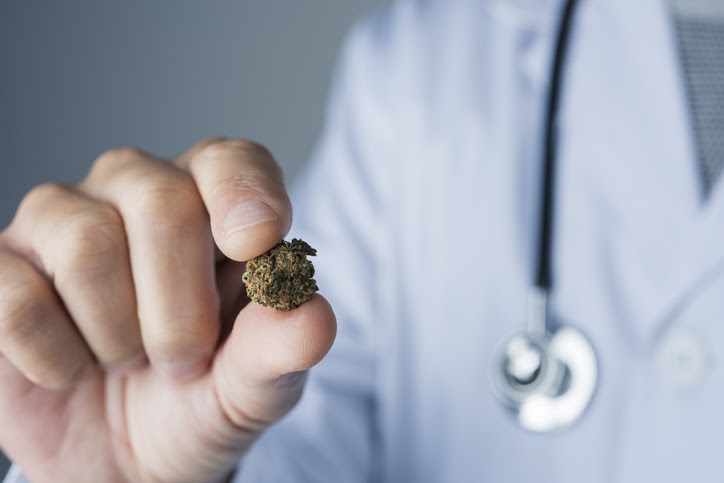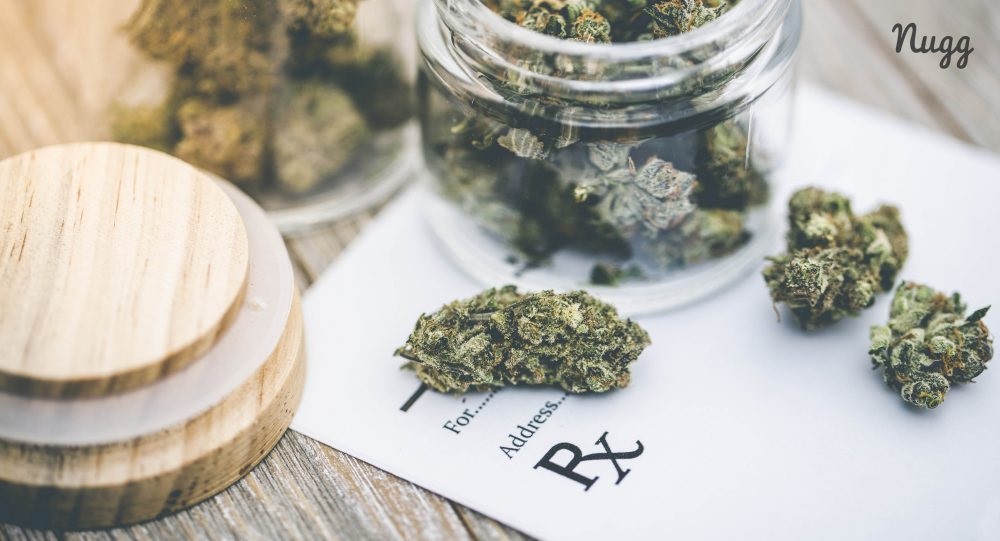Maryland Medical Card Qualifying Conditions

Obtaining a medical cannabis card in Maryland offers several notable benefits, including retail tax exemptions, higher possession limits, and access for minors via caregivers. Additionally, medical cardholders can purchase cannabis before recreational sales begin and enjoy reciprocity in states that accept Maryland's MMJ cards.
To be eligible, understanding the qualifying conditions for a medical card in Maryland is crucial, as eligibility hinges on meeting specific state criteria and having a recognized qualifying condition.
List of Maryland Medical Marijuana Qualifying Conditions
Understanding the requirements for a Maryland medical marijuana card is crucial for those seeking cannabis-based relief. The state has approved a specific set of qualifying medical conditions for access to treatment. Here are the qualifying conditions recognized by Maryland's medical marijuana program:
- Cachexia
- Wasting syndrome
- Anorexia
- Severe or chronic pain
- Severe nausea
- Seizures
- Severe or persistent muscle spasms
- Glaucoma
- Post-traumatic stress disorder (PTSD)
- A chronic medical condition which is severe and for which other treatments have been ineffective
In addition, the state allows the submission of new conditions to seek approval from the Maryland Cannabis Administration. The MCA may add a qualifying condition under the following situations:
- The medical condition is debilitating,
- the pain, suffering, and disability of the medical condition can reasonably be expected to be relieved by medical cannabis and
- other medical treatments have proven ineffective in providing relief.
Understanding Maryland Medical Marijuana Card Requirements
Navigating the process to obtain a medical marijuana card in Maryland is straightforward when you're familiar with the state's specific requirements. These criteria ensure access is limited to residents with legitimate medical needs.
Key requirements include:
- Residency: Applicants must provide proof of Maryland residency. Out-of-state patients over the age of 21 are permitted to purchase cannabis at any licensed adult-use dispensary.
- Age Criteria: Applicants must be 18 years or older. Minors must have at least one caregiver, who is a parent or guardian, and can designate up to four caregivers, including two additional adults over 21, chosen by a parent or guardian.
- Physician Recommendation: A recommendation from a healthcare provider registered with the Maryland Cannabis Administration (MCA) is required. The provider must confirm that medical cannabis could benefit the patient's condition.
- Application Fee: There is a $25 non-refundable application fee. Fee waivers are available for those in Maryland's medical assistance program or for veterans.
- Application Completion: A fully completed application, along with all necessary forms and documents, must be submitted for consideration.
You Have a Qualifying Condition for a Medical Card in Maryland… Now What?

If you've identified that you have a qualifying condition for a medical marijuana card in Maryland, the next step is straightforward: get evaluated by a certified professional.
NuggMD Maryland streamlines this process by connecting you with state-certified medical practitioners who can assess your condition and determine if medical cannabis is right for you. Our goal is to ensure that everyone who needs medical cannabis can access it easily, which is why we offer evaluations with a fee only if you're approved.
Ready to take the next step? Learn more about how to obtain your medical card in Maryland and begin your journey towards relief and wellness with our guide on how to get a medical marijuana card in Maryland.
What Forms Do You Need When Meeting with a Maryland Medical Marijuana Doctor?
When you're ready to meet with a Maryland medical marijuana doctor, having the right documentation in hand is key to a smooth and efficient evaluation process. Here's what you should prepare:
- Valid Photo ID: A current Maryland ID or driver's license to confirm your residency and identity.
- Medical Records: Bring any relevant medical records that document your qualifying condition. This could include prescription history, doctor's notes, diagnostic reports, and any other relevant medical documentation.
Have more questions? Browse our list of common Maryland patient FAQs.

